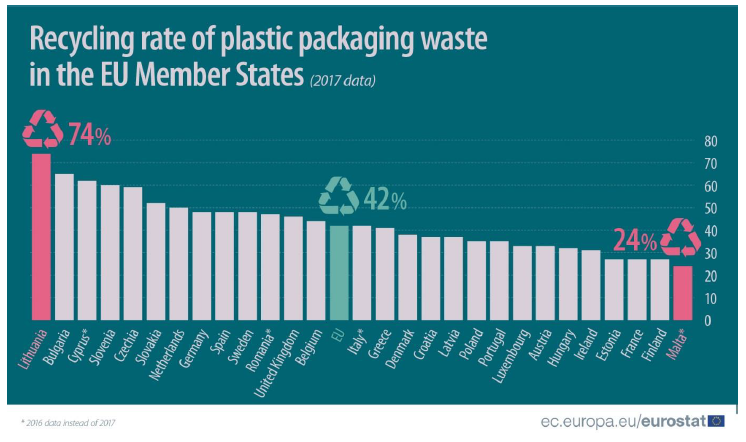Workshop report: Waste for feedstock recycling – Challenges and opportunities
Report of a digital workshop held on June 15, 2020. The workshop was organized by members of the US Department of Energy (USDOE) and Office of Energy Efficiency and Renewable Energy (EERE), within the framework of IEA Bioenergy Task 36 (Material and Energy Valorisation of Waste in a Circular Economy). The purpose of this workshop was to explore several facets of producing higher value biochemicals and bioproducts from waste streams.
Historically, technologies such as incineration and anaerobic digestion have been used primarily as waste management strategies, with energy recovery integrated in more recent times. Looking forwards, and in order to realize a vision of a circular economy, new approaches to find higher values for these waste streams are needed. In the near term, utilizing these waste streams as feedstocks for biochemicals and other bioproducts could represent an attractive economic opportunity and simultaneously help solve some of the environmental challenges associated with these streams. A significant challenge with producing biochemicals and bioproducts is market size and market development, especially with limited incentives to use recycled materials. For many specialty chemicals and products, a small number of commercial plants can fully saturate the market. For molecules that seek to replace incumbent molecules, such as lactic acid for plastics production, the time to develop the market is quite significant. To manage some of these challenges, this workshop sought to explore if there are particular “platform” molecules that represent attractive targets from which many subsequent products and chemicals can be synthesized.
This workshop successfully brought together a wide diversity of technical perspectives on next-generation approaches to managing waste, and clearly identified that there is an appetite for non-energy products to be produced from wastes. These high-value products address a key challenge by providing higher revenue margin which in turn allows for technologies and approaches that can handle the distributed nature of these waste streams. Workshop participants were nearly unanimous that the single biggest barrier in the transition from a linear to circular economy is that of economics. Therefore, development of approaches and markets to produce versatile platform molecules was largely accepted as a worthwhile endeavour.
The approach is not without challenges- there are some waste streams that are not amenable to these approaches due to the presence of contaminants or impurities and existing approaches such as incineration or anaerobic digestion are likely necessary to help manage these both in the near and long term. Additionally, great progress can be made by prioritizing education and information dissemination. Consumers have a significant responsibility in this effort and their choices are critical to establishing the markets and culture that demands life-cycle thinking when products are designed and manufactured.
Link to the workshop report:
IEABioT36 workshop report_Waste for feedstock recycling_final



